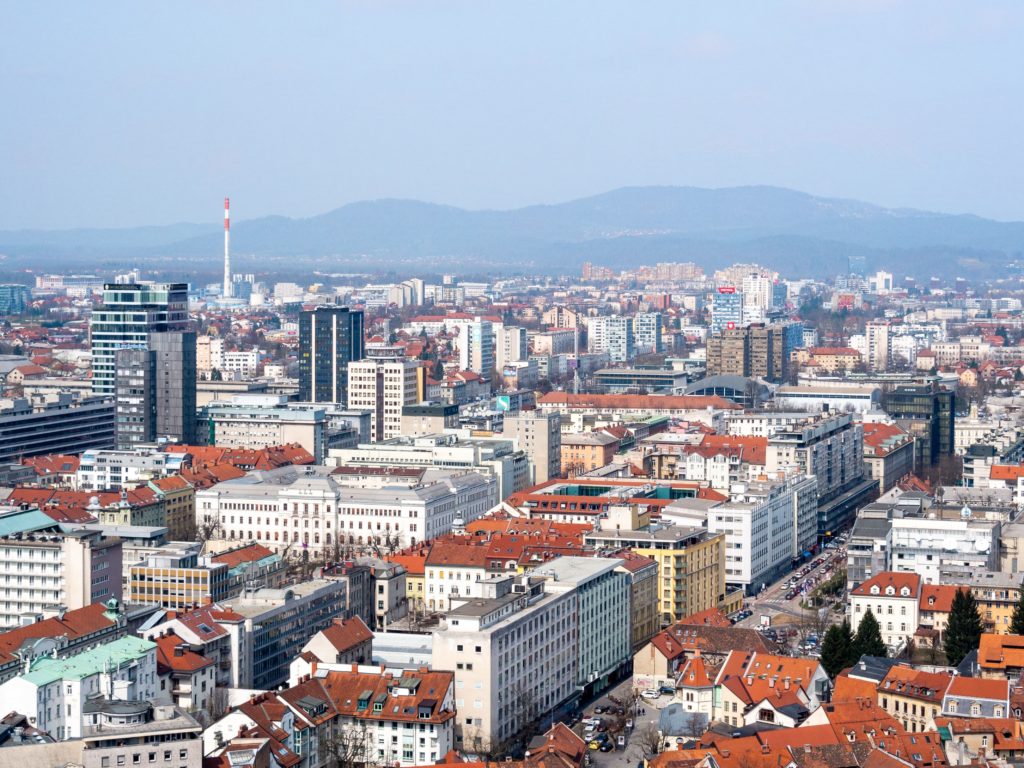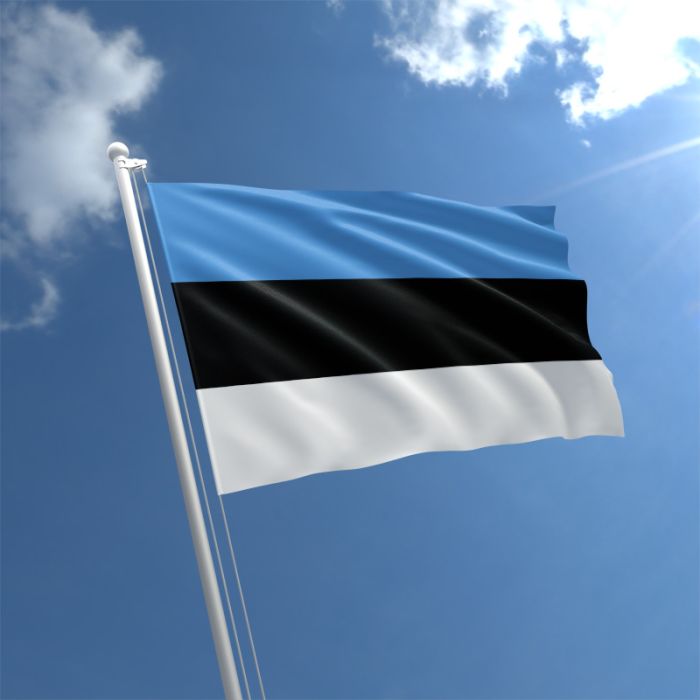As a member state of the EU, Slovenia has a stable and growing economy despite its economic history. It is known to be the first nation among new EU countries to accept the Euro as its currency. Looking at the progress made so far by the country, the two main factors that have contributed to the nation’s economic growth are quality infrastructure and a skillful workforce. With other industries are agriculture, forestry, and fishing. The country’s capital city Ljubljana is the largest city and wealthiest in the whole country. The country focuses more on automotive manufacturing, metallurgy, chemicals, electronics, logistics, assembling et cetera. Despite the size of the country, the rate of unemployment is relatively low.

Who can work as an Expat?
It is good for foreigners looking to work in the country to know that the job market in the country is highly competitive. Most employers would rather hire a citizen than a foreigner just relocating to the country. For EU citizens, there is a higher chance of getting a job if they possess the desired skill and meet all qualifications. Non-EU nationals and other citizens face the challenges of qualifying for the job, as well as meeting the requirements for a work permit and residence permit. If you are a foreigner interested in working in the country, then possessing fluency in both the Slovene language and English will grant you an edge over other applicants.
Getting a job
If you are looking for a job opening, online job sites, social media platforms, and newspapers are the best sources. These sources include the Employment Service of Slovenia, LinkedIn, Mojedelo, Facebook jobs, Moja Zaposlitev, Career Jet, etc. When you are applying for a job, you must ensure you meet up all the requirements desired. You can always check the desired company’s websites for job openings. Expats are usually available to teach English as a second language or to be a tutor.
Applying for a job as an Expat
The most important thing to know is that your CV must be written in the Slovenian style. If you are a foreigner in the country, try to speak with an ex-pat living in the country to learn about the job process. There are several recruitment agencies in larger cities, such as Ljubljana. They assist with work placement, CV preparation, and interview skills. If you have zero knowledge about the labor market in the country, they can be a safe source of guidance.
Language requirement
As an ex-pat, it’s of benefit to you if you can fluently speak their language. If you intend to relocate to Slovenia, then you should learn how to speak the language before traveling. However, you can take language classes while living in the country. Most jobs rarely ask for proficiency in the language provided you can speak English or German.
Working hours
The average working hours in a week is between 36-40 hours, from Monday to Friday. Employees enjoy a minimum of 20 days of annual leave per year, which is bound to increase the longer you stay with a company. In Slovenia, foreign employees work under the same working rights as locals. All workers receive maternal leave, parental leave, etc., when needed.
Average salary and minimum wage
There is not much difference between an average salary and minimum wage. The minimum salary in Ljubljana is 700 euros net and 940 euros per month. Regionally, it is a much higher figure compared to its neighboring country Croatia. The minimum wage includes full-time work, which is 8 hours per day. The minimum salaries are mostly among occupations such as sales retail and some services positions. The minimum wage is per the Minimum Wage Act.
Other forms of employment
Starting a business
You can easily set up a business; for EU citizens you don’t need to do much other than register the company. For non-residents, you must obtain a Slovenian tax number before setting up your business.



